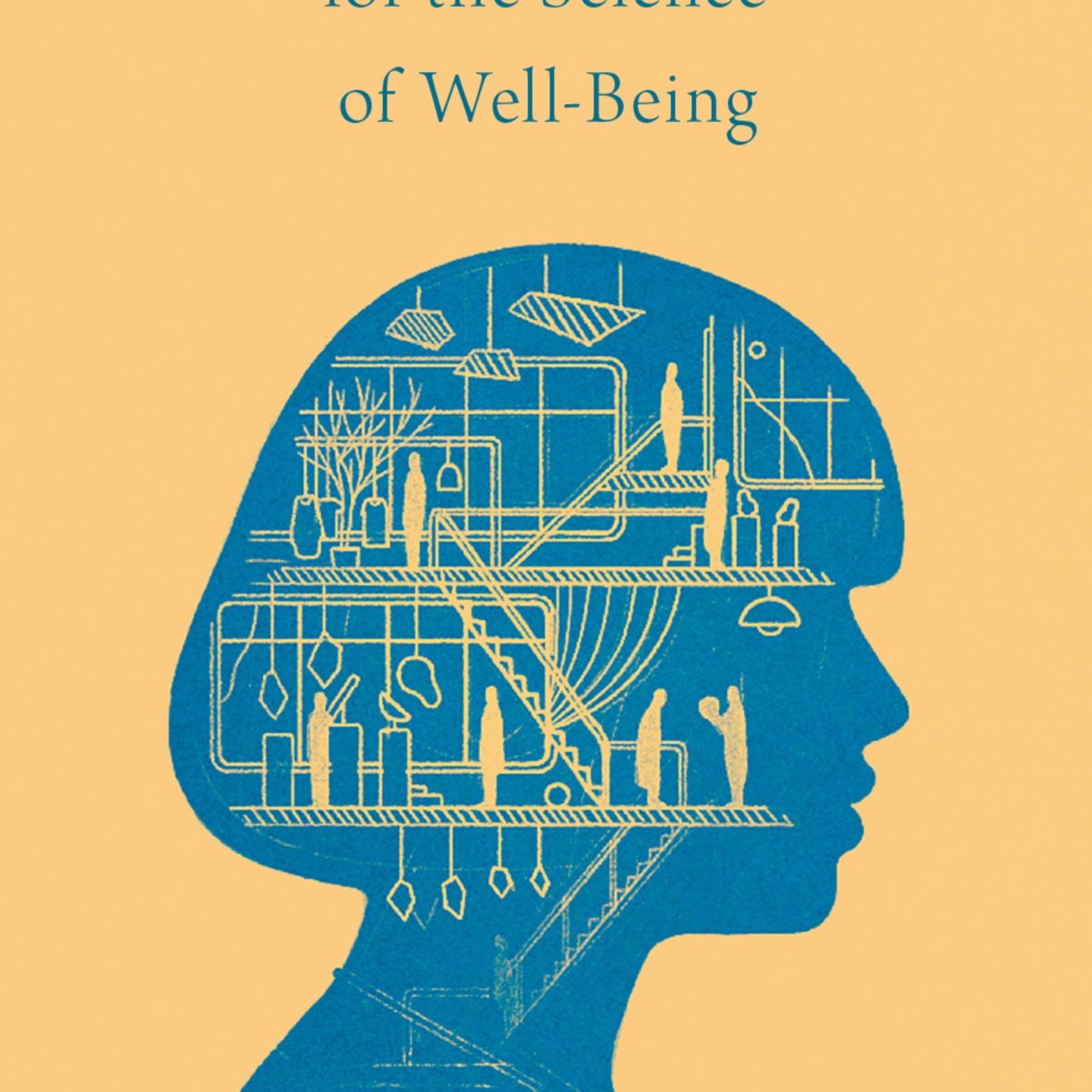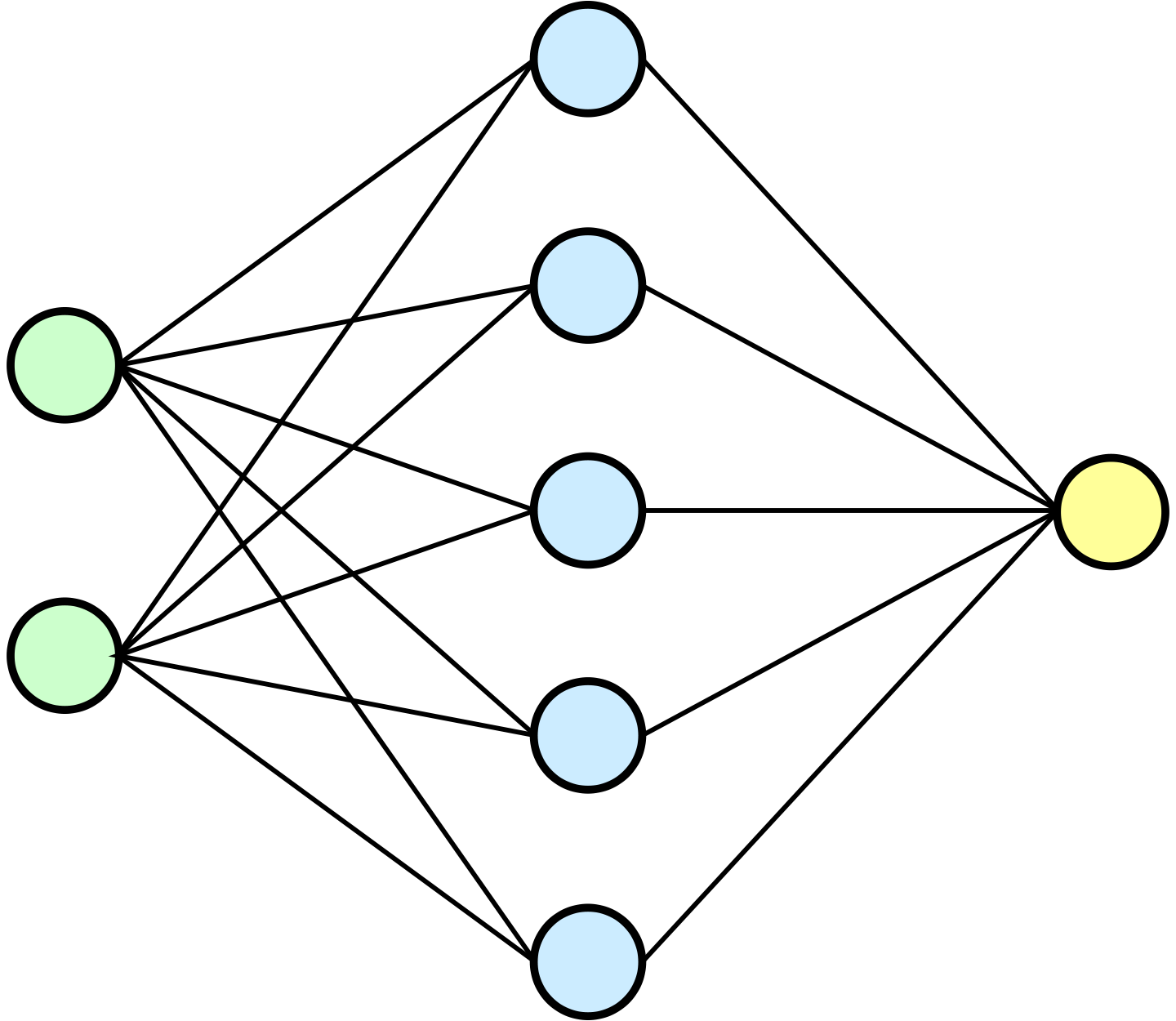We are grateful to Anna Alexandrova (Cambridge) for blogging this week on A Philosophy for the Science of Well-Being, published earlier this year by Oxford University Press. To view all her posts on a single page, please click here.
Is there a single concept of well-being?
My interest in what is now called the science of well-being dates back to my graduate school days at UC San Diego. Sometime in the mid-aughts I came across a debate between psychologists who advanced ‘hedonic profile’ measures of happiness and those who favoured life satisfaction questionnaires. The former argued …





